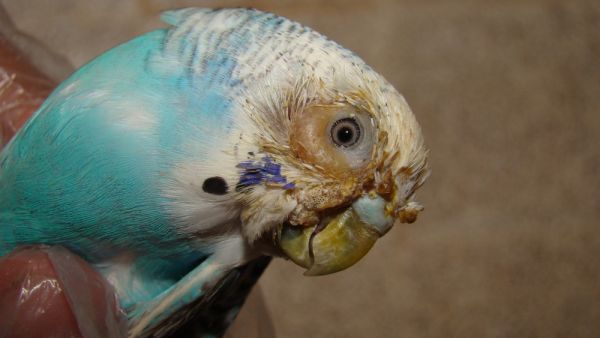ALBAWABA The World Health Organization (WHO) has issued a stern warning as a severe outbreak of psittacosis, commonly known as parrot fever, continues to afflict multiple individuals across various European countries.
Initially detected in 2023, the outbreak has persisted into the current year, resulting in the tragic deaths of five individuals, according to reports by CNN.
Parrot fever, caused by bacteria belonging to the Chlamydia family, is primarily transmitted through contact with infected birds, both wild and domesticated.
The infection, which can be asymptomatic in birds, poses a significant risk to humans, particularly through inhaling contaminated dust particles or direct contact with infected birds.
The US Centers for Disease Control and Prevention (CDC) emphasizes that while human-to-human transmission is possible, it remains uncommon, with the majority of recent cases linked to exposure to infected birds.
Symptoms of parrot fever typically manifest within five to 14 days after exposure and include headache, muscle pain, dry cough, fever, and chills. However, with prompt antibiotic treatment, the infection is usually manageable, and fatalities among humans are rare.
Several European countries have witnessed a surge in parrot fever cases, with Austria reporting 14 confirmed cases in 2023 and an additional four cases this year as of March 4.
Similarly, Denmark has seen an increase, with 23 confirmed cases in this outbreak, sparking concerns that the actual number of cases may be significantly higher than reported.
In Denmark, where contact with pet birds or hobby birds such as racing pigeons is common, 17 individuals have been hospitalized, with 15 diagnosed with pneumonia and four fatalities reported.
Of particular concern is the transmission from pet birds, with at least one confirmed case stemming from such exposure.
Germany has also recorded a rise in cases, with 14 confirmed instances in 2023 and an additional five cases reported this year.
Most affected individuals experienced pneumonia, with 16 requiring hospitalization. Among these cases, exposure to ill pet birds or chickens was reported by five individuals.
In Sweden and the Netherlands, there has been a notable fluctuation in case numbers. While Sweden observed a decrease in cases this year compared to previous years, the Netherlands saw a significant surge, with twice the number of cases reported during the same period in previous years.







